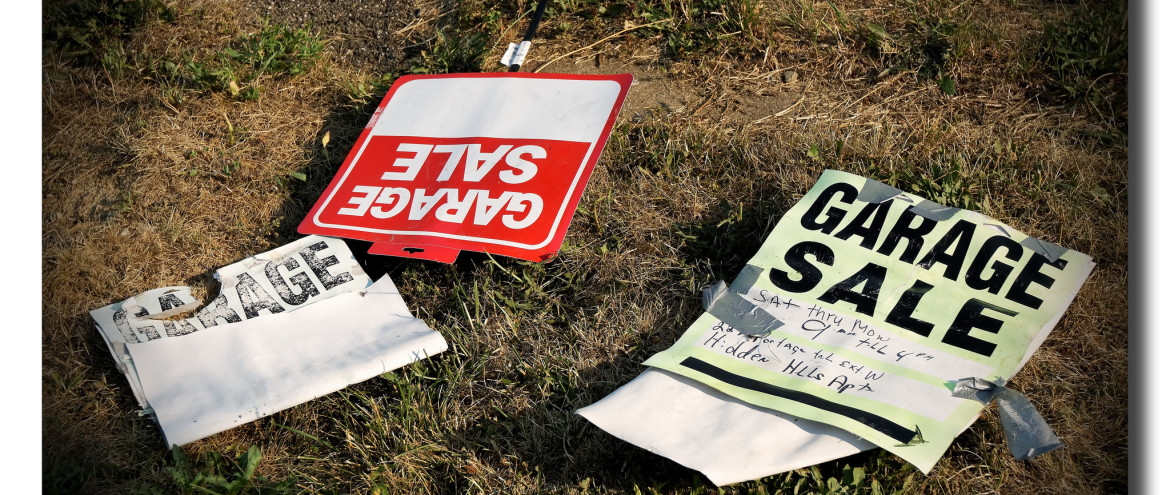Buying secondhand can save you tons of money – regardless of whether we are talking about kitchen appliances, cars or phones. However, before you jump right into making a purchase, it is absolutely crucial to learn what are the things you should watch out for when you buy secondhand products. To help you with this, we have gathered 3 of the most important tips when it comes to secondhand buying – so read on if you want to find out more.
Do a Bit of Homework
Most of the items that can be bought secondhand can also be researched beforehand – so do this before making any kind of purchase. Analyze your needs, your budgets and what the market offers – both in terms of secondhand products and in terms of new items as well. See what kind of products you can buy and for what prices (which is also important if you want to avoid “fake bargains” of any kind).
Furthermore, make sure to research the best places to buy your secondhand product as well. Online options are often really great because they will provide you with time to analyze the situation. However, it is important to buy from a reputable seller and to ensure that you can exchange the product in case there is something wrong about it.
Which brings us to the next tip of advice…
Try the Product
It doesn’t matter if you want to buy a car or a blender. Trying the product is absolutely crucial if you want to be really sure it works and that everything else is OK about it (including its aesthetics, if this is something that matters a lot to you).
Open the box, feel if it smells odd (especially in the case of kitchen appliances!), plug it in, switch it on and see how it works. Considering this is a used product, you are more than entitled to make sure it works, so no need to feel awkward about it in any way.
Ask the (Right) Questions
Regardless of what you decide to buy (and from where), you should definitely ask questions. Depending on the particular product you are interested in, your questions should include (but shouldn’t be limited to) where it comes from, if it’s still under warranty, how come it’s up for sale, how much has it been used, when it was produced, and so on.
DO ask these questions and see how the seller reacts and what he/she says about the product itself. If you plan on purchasing the product online, report any kind of odd things you might encounter about the seller and his/her answers. Also, if you want to negotiate the price, make sure to research some email/phone negotiation techniques if you will not be meeting the seller in person. Most of the times, these “tricks” can save you even more money if they are used right and they can get you a true bargain delivered at your door.









Comments are closed.